Tawanda Majoni
Make no doubt about this, President Emmerson Mnangagwa had this hugely golden chance to become Zimbabwe’s political legend, post-coup.
If he had done the right things after the removal of ex-president Robert Mugabe, people were definitely going to embrace him and even be more than ready to forgive him for the sins they accuse him of having committed in the past.
The thing is, President Mnangagwa had been with the successive Mugabe administrations right from the start in 1980. He knew where they went wrong together. He knew how those wrongs must be righted, too.
It was, therefore, not surprising that a lot of people saw a rich vein of hope in him when they managed that classical coup and he was installed as the interim leader in late November 2017.
To start with, Mnangagwa talked very, very nice on a lot of things. Basically, he promised a major transition from the way things had been done during the successive Mugabe tenures. He talked of a future that would focus mostly on the economy, economy, economy. He said they would relegate politics, dirty politics so to speak, to the back burner.
Well before he was elevated by the coup, he had talked so passionately about the need to kill the beast of corruption. He said this a thousand times before November 2017. His first 100 days in office made sweet reading too.
He also preached unity, forgiveness, tolerance and love. He said he was eager to engage with the west, east, north and south alike. He said we must put the whole stinky past behind us and start a new a new era, a New Dispensation.
Is it too late for him to make amends and become Zimbabwe’s and perhaps Africa’s Saul turned Paul? Well, that’s a tricky one. Because, you see, it seems that the mess he has got himself into in these past three years after the general elections of 2018 is so sticky he would need a super horsepower thing to drag him out of the muck.
And that becomes a very relevant issue to talk about as we move towards the elections that, so far, we believe will be held in 2023.
Official records say Mnangagwa was born on September 15 1942 but unofficial sources put his age in the early 80s. He is a veteran of Zimbabwe’s liberation struggle. He joined the war of liberation at a pretty young age, when he became a member of Zanu at its formation in 1963. He was a victim of apartheid persecution, getting jailed for a fairly long time at one time.
He became the late former president Mugabe’s close and trusted assistant and bodyguard in the second half of the 1970s. How he wormed his way into Mugabe’s trust and faith is still not very clear, though, but when Zimbabwe attained majority rule in early 1980, Mnangagwa was appointed State Security minister.
By virtue of that ministry, he managed to set up the Central Intelligence Organisation as we more or less know it today. Prior to that, the department did not exist as a distinct entity. But the ministry gave him a bad reputation during those formative years, a reputation that haunts him to date. He has been accused of having used the state security agency to terrorise, maim and kill thousands of people from southern Zimbabwe under the guise of fighting a reported insurgency by politically disgruntled elements. Most of the people who died were innocent civilians.
But his role during this Gukurahundi period, while undeniable, is not conclusive. The Gukurahundi massacres were mainly perpetrated by a crack military unit, the Korea-trained Fifth Brigade, which was under the Defence ministry, and police special teams, which were under Home Affairs. Together, of course, with State Security operatives.
The army also had its own military intelligence bureau responsible for gathering intel. It’s still confusing how people like Solomon Mujuru, the late former army general, did not receive as many brickbats as Mnangagwa for their roles during Gukurahundi.
Mnangagwa was with State Security between 1980 and 1988, after which he was transferred to Justice up to 2000. He was the Speaker of Parliament between 2000 and 2005, after which he was demoted to a new but shady ministry of Rural Amenities following a reported attempt to do a palace coup against Mugabe.
He was Mugabe’s chief election agent for a long while, including in 2008 when his predecessor was forced into a run-off after losing the first round of the presidential race to the late Morgan Tsvangirai of the MDC.
Mugabe appointed him his co-deputy alongside Phelekezela Mphoko in 2014 to replace Joice Mujuru. In 2017, he benefited from a military assisted power takeover when he was installed Mugabe’s successor. He won a hotly disputed election in 2018.
It’s not as though everything about Mnangagwa’s leadership is brimstone and fog. There are certain things that have improved since he took over power. If you are not going to let your hatred and bias against him cloud your judgment, you will agree that the power and water cuts are not as bad as they were during Mugabe’s time. We don’t have too many fuel or commodity shortages and the local currency is performing far much better now.
You can’t say there was any other time prior to his rule when there was as much energy in road rehabilitation.
We know the motive is misplaced—because they are just trying to diss the opposition-dominated urban councils by “exposing” their “incapacity” and then hoping the tactic will tickle urban voters in 2023. It’s also highly possible that they are eating from the road projects and the tarmacs are not of the best quality. But are we going to be too fussy about it? The roads are getting better and, by the time we get to 2023, they may be far much better, whatever the motive.
Turning to his prospects in 2023, the crustal ball is not that kind with him. Already, age is not favouring him. He will officially be 81 when we go to the polls. That means he will be 86 when he finishes his second term. That’s a pretty rusty time to be competing with young racers like Chamisa.
And he has been in government for the past 41 years without showing good signs of having learnt or forgotten anything. The little time he has been at the helm doesn’t give you fair hope that he will turn the tide for us. The big question that would confront him, then, is: What new things can you offer?
That’s bad enough for Mnangagwa. But it gets even worse when you consider his grassroots appeal and records in elections. You wouldn’t say Mnangagwa is the most popular person on earth. Taking it in reverse order, he officially won in 2018, but, even if the courts upheld his victory by judging against Chamisa’s application, there are so many questions around how the elections were conducted, with the Zimbabwe Electoral Commission being accused of having played an active role in rigging on his behalf. No-one has conclusively proven the claim of rigging, but then, perceptions are stubborn.
Didymus Mutasa, a former State Security minister, recently alleged that Zanu PF and the late Mugabe were always in the habit of rigging elections. The sour grapes aside—for he was booted out of the party—this is an opinion or matter of fact that is widely held. Bigger problem is, Mnangagwa was Mugabe’s chief elections officer when this rigging, alleged or actual, was happening. Meaning that Mnangagwa will always be haunted by this perception that he is a serial ballot robber.
But then, the current president has a weak and unconvincing record as a candidate. He has spent a whole life time in Kwekwe, in the Midlands province. But he failed to take advantage of his political and financial influence in the area in 2000 when the newly formed MDC’s Blessing Chebundo beat him by 15,000 votes to 8,000.
And Chebundo beat him again in 2005. This forced him to beat the retreat to a rural constituency, Chirumanzu-Zibabgwe, which was hastily set up in the run-up to the 2018 election, apparently as an electoral rescue package.
Mnangagwa clearly suffered electoral sabotage—the so-called Bhora Musango—in 2018 when Zanu PF supporters voted the party but rejected him on the same ballot paper. This is bound to get worse, particularly given the growing internal contestations whereby some people may actually be preferring his deputy, Constantine Chiwenga, or a candidate linked to the G40 component of the party.
More hostilities await the Zanu PF leader. He has dismally failed to fight corruption. On the contrary, it seems corruption and bad governance are getting more systematic and common under his rule. The most prevalent perception is that his cronies, relatives, village boys and hangers-on are the only ones benefiting from his rule. The majority of the promises he made when he got into power remain unfulfilled. Education, health, infrastructure, social security and industry remain in the doldrums.
Besides, there is an overarching worry that the president is fast turning himself into an authoritarian ruler. In the short space of time he has been in power, he has amended the constitution to favour him and introduced clearly undemocratic laws such as the Cyber Security Act while his regime looks set to tighten the screws on the media and non-governmental organisations. This makes him an ominous though unconvincing sequel of Mugabe.
Mnangagwa simply needs a generous miracle to win the next election in a free and fair environment. And rigging is fast becoming unfashionable.
Tawanda Majoni is the national coordinator at Information for Development Trust (IDT) and can be contacted on tmajoni@idt.org.zw

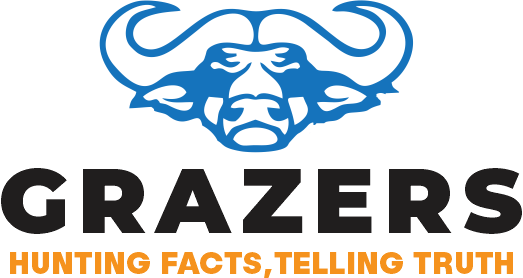
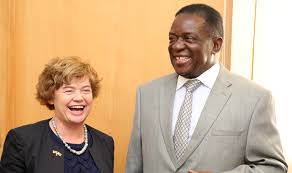
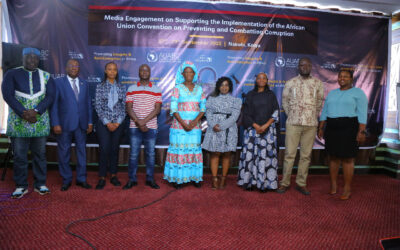

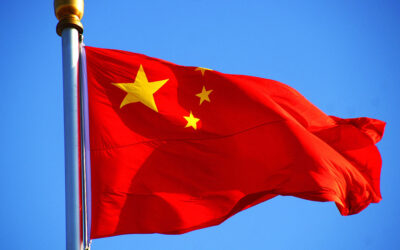

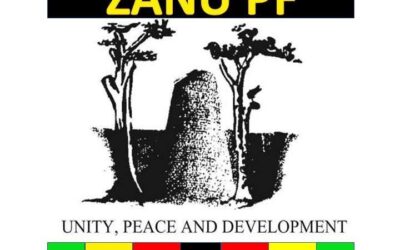
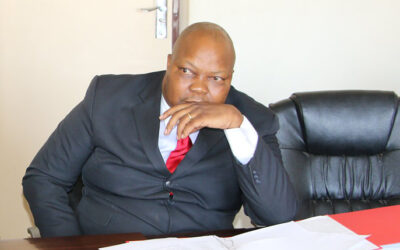
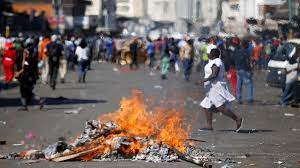
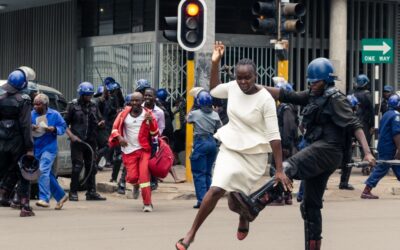
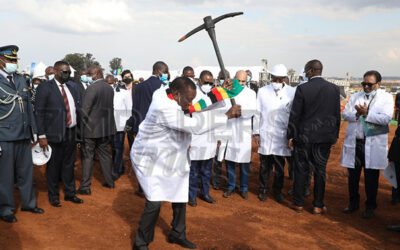
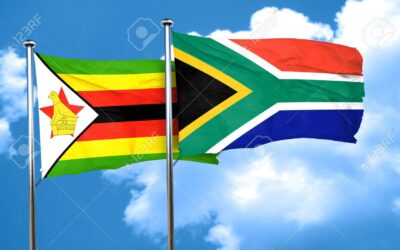
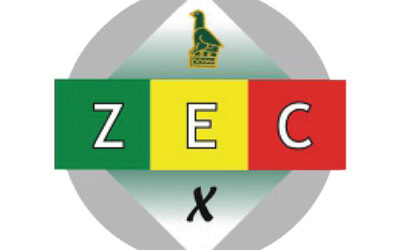
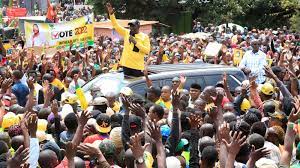
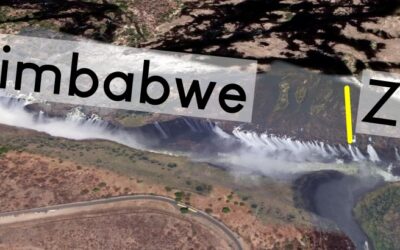
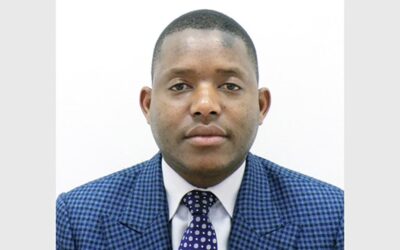
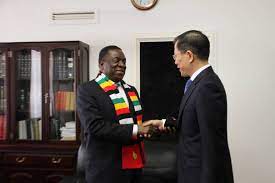
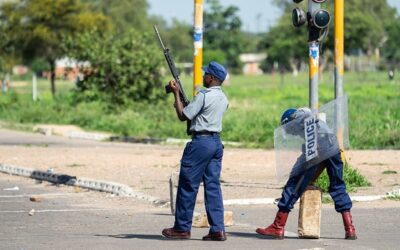
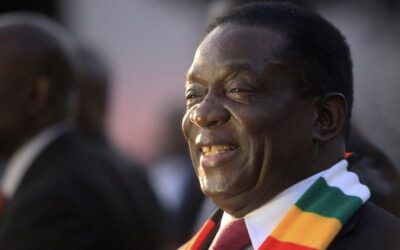
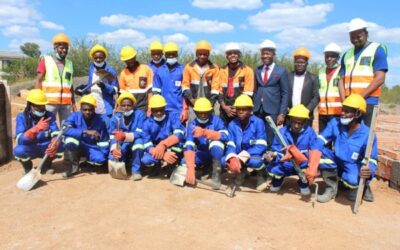
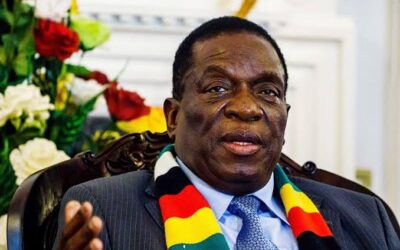
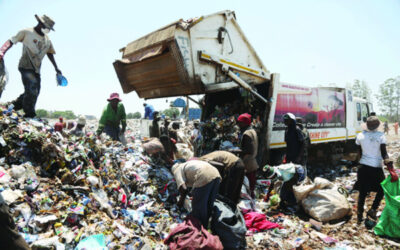
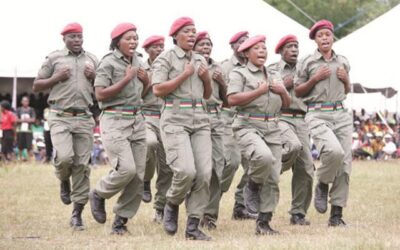
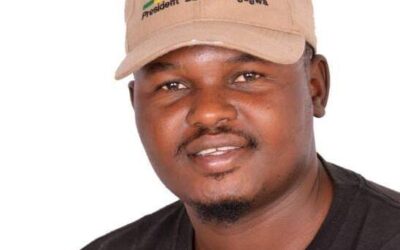

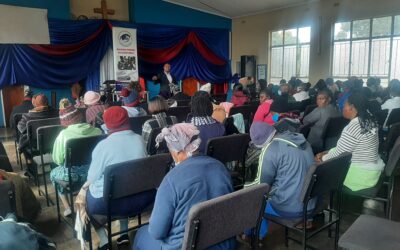
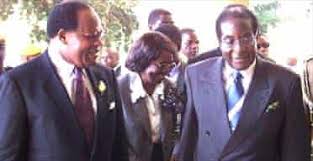

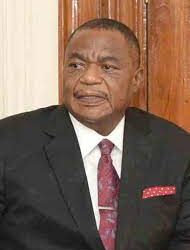
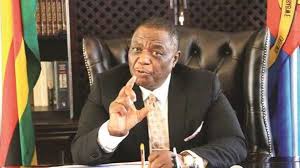

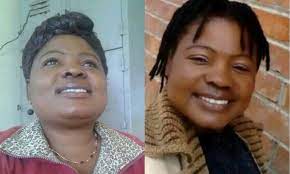
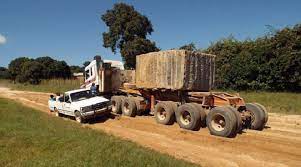
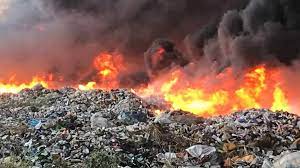



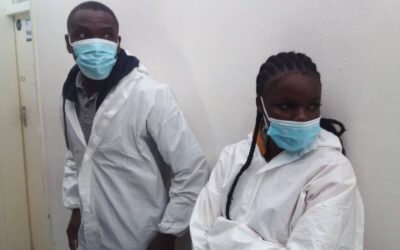
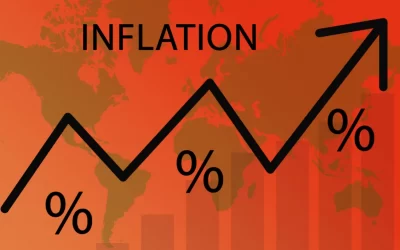
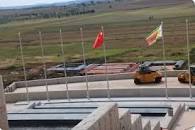
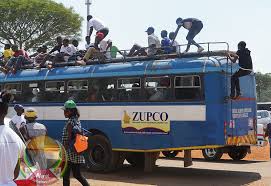
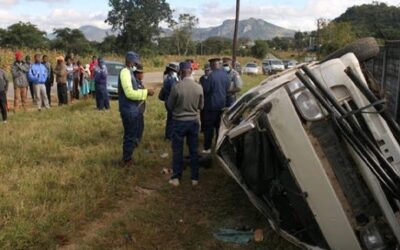
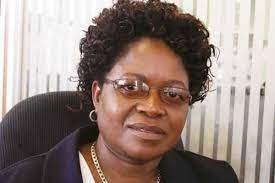
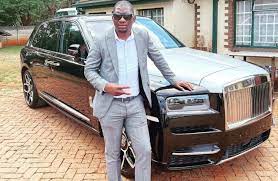
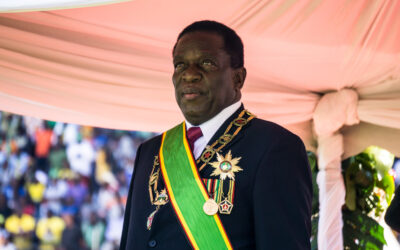
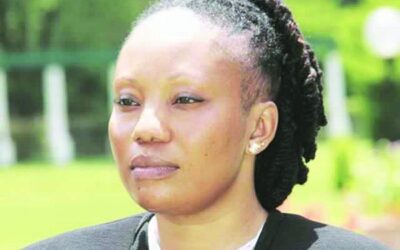
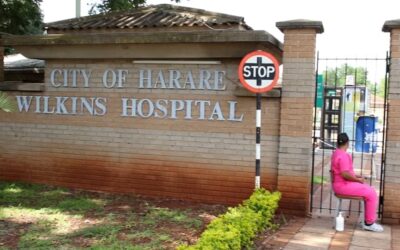

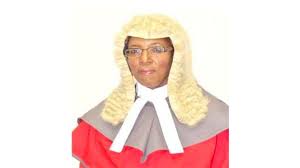

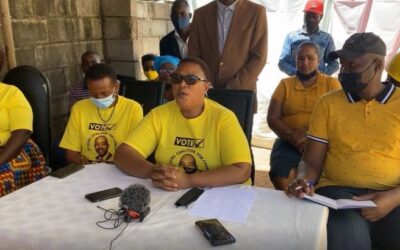
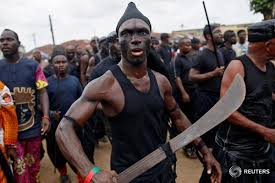
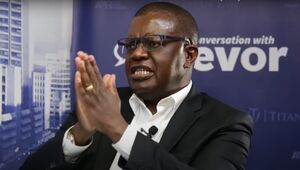

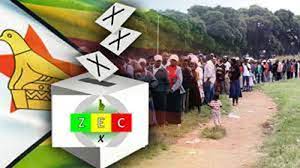
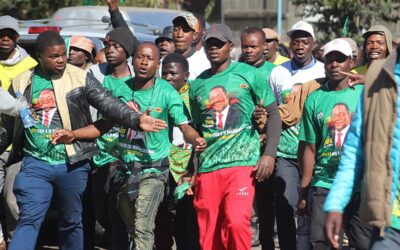

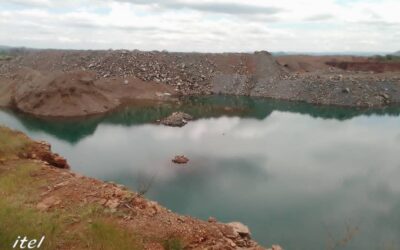
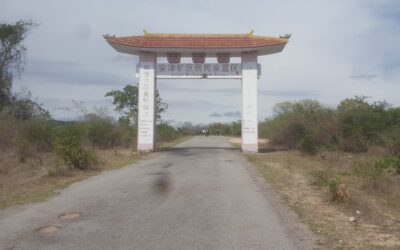
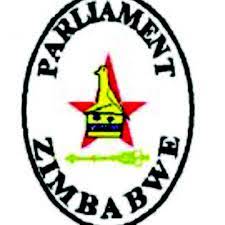
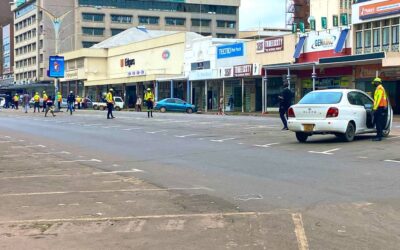
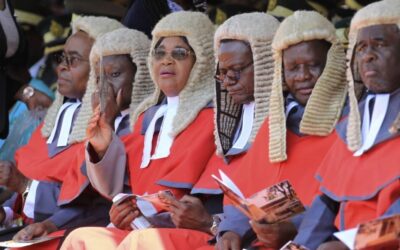

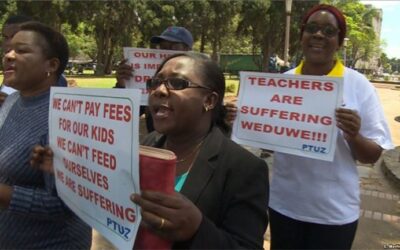
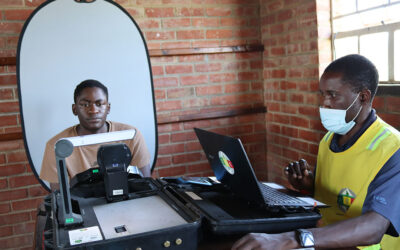
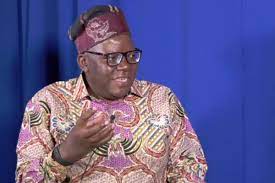
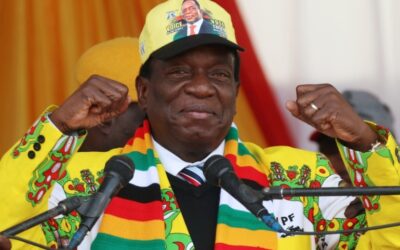
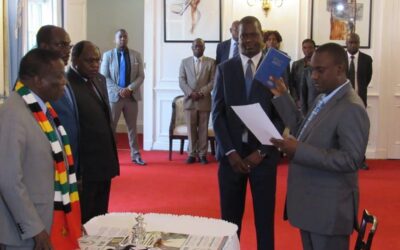

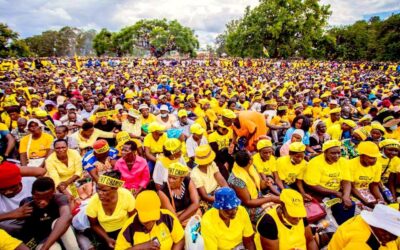
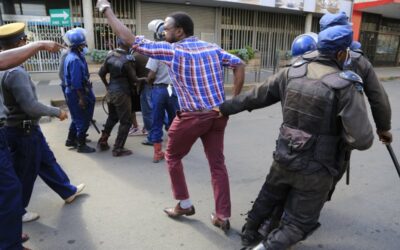
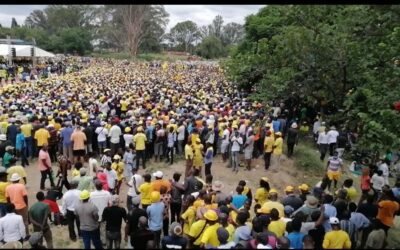
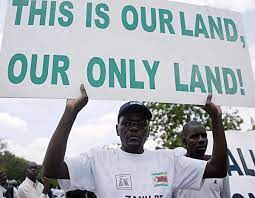
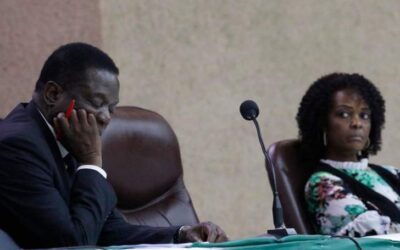
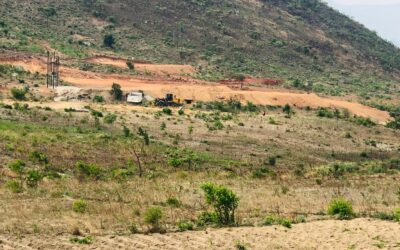
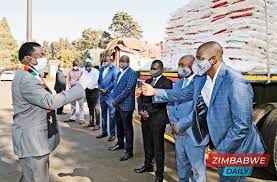

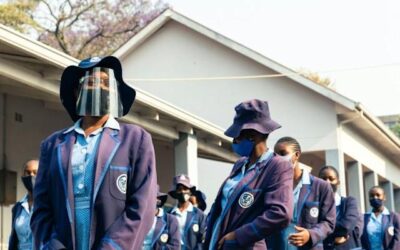
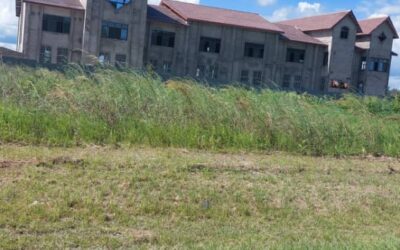
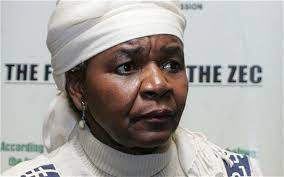
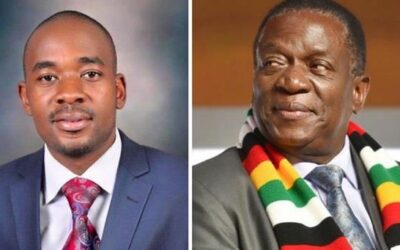
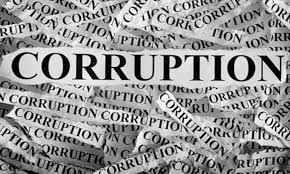
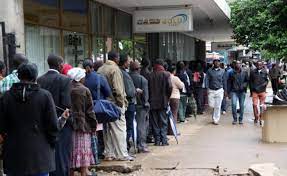
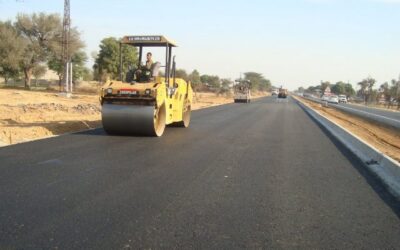
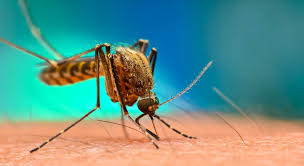
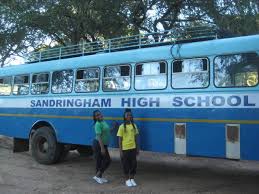


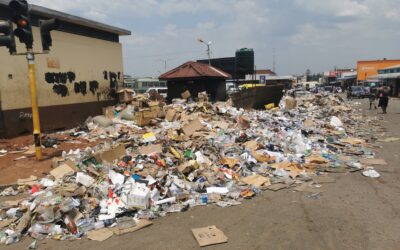
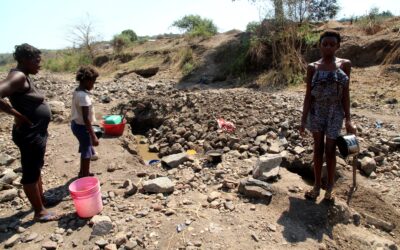
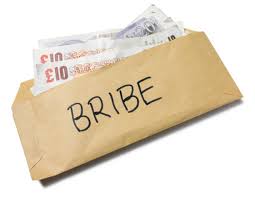
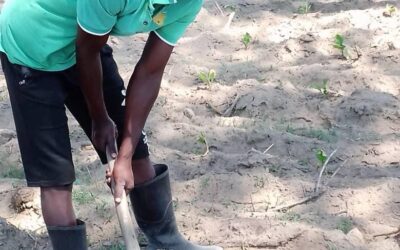


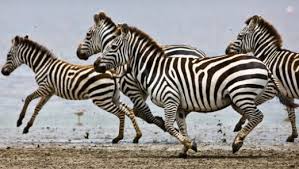
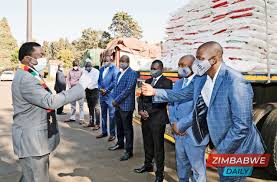
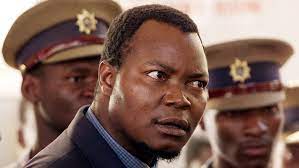
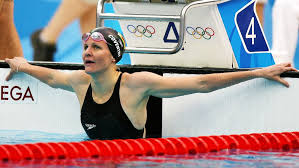
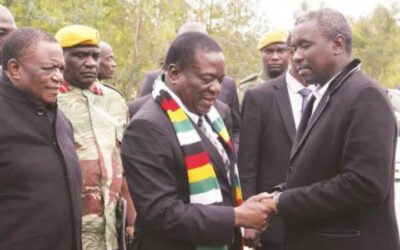
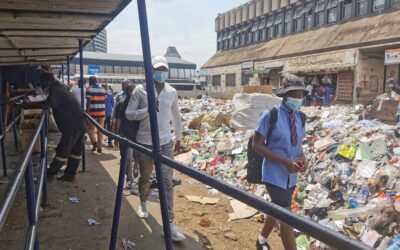
0 Comments